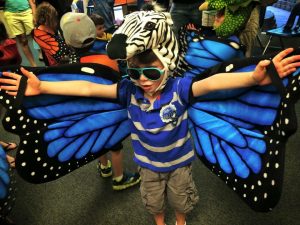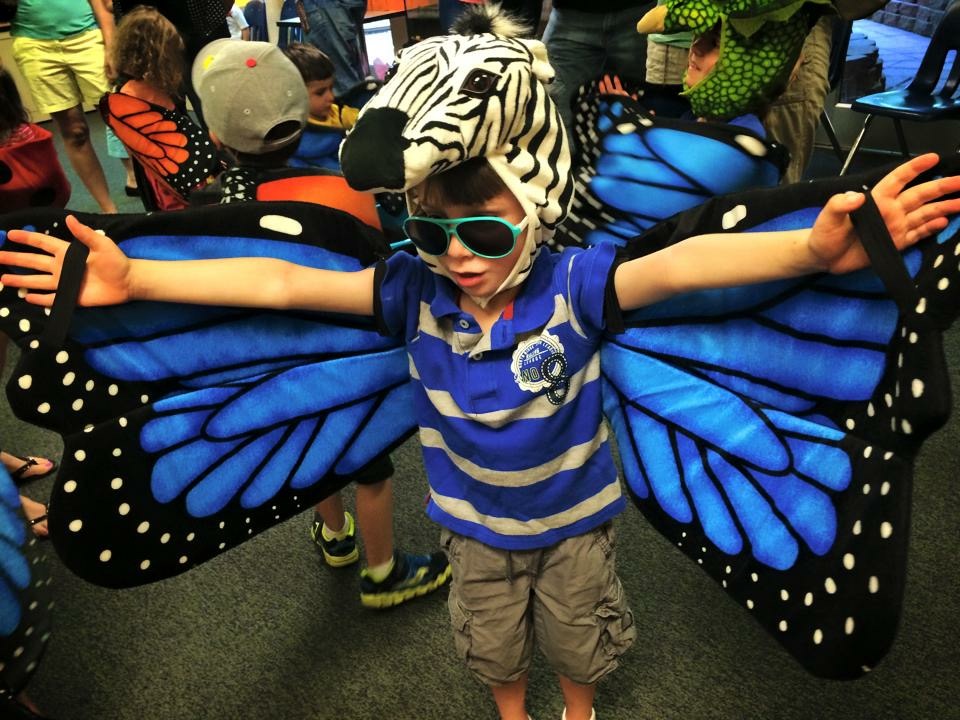Boredom in the summer months often occurs with children. Many young children and teens are entertained during the summer months with various activities. Parents involve them in structured activities as chess club, lessons with sports, and various types of classes. However, psychologists feel that over-scheduling children and teens in the summer months is not necessary. Consequently, over-scheduling could keep children from discovering their true interests.
The most valuable learning opportunity for children is unscheduled and unsupervised playtime. In unscheduled time to play children strengthen social bonds. In turn, this builds an emotional maturity. Also, it develops cognitive skills. Children need free play, time to daydream and to be bored. In addition, they need to take risks and make discoveries on their own.
As free time is reduced through structured play, children stand to lose self-directed learning opportunities. Free play strengthens the working memory, flexible thinking and self-control. A Boston College psychology professor Peter Gray states: ”Free play is nature’s means of teaching children that they are not helpless. In play, away from adults, children really do have control and can practice asserting it. In free play, children learn to make their own decisions, solve their own problems, create and abide by rules and get along with others as equals rather than as obedient or rebellious subordinates.”
Summer Boredom/Free play
Promoting free play without imposing on children is possible.
• First, limit screen time and digital media.
• Then, encourage outside or inside play.
• Don’t worry about boredom. A child’s mind will think of something to do.
• Last, give suggestions if necessary.
Playgrounds and outdoor open spaces are perfect for free play. Because, interacting with the outdoor environment provides many opportunities.
Summer boredom and the creation of free play gives children a good start to the new school year. Simply put, children must have time for unstructured play. Don’t cut back on free time and boredom. Don’t let free play or boredom become endangered.
![]()



